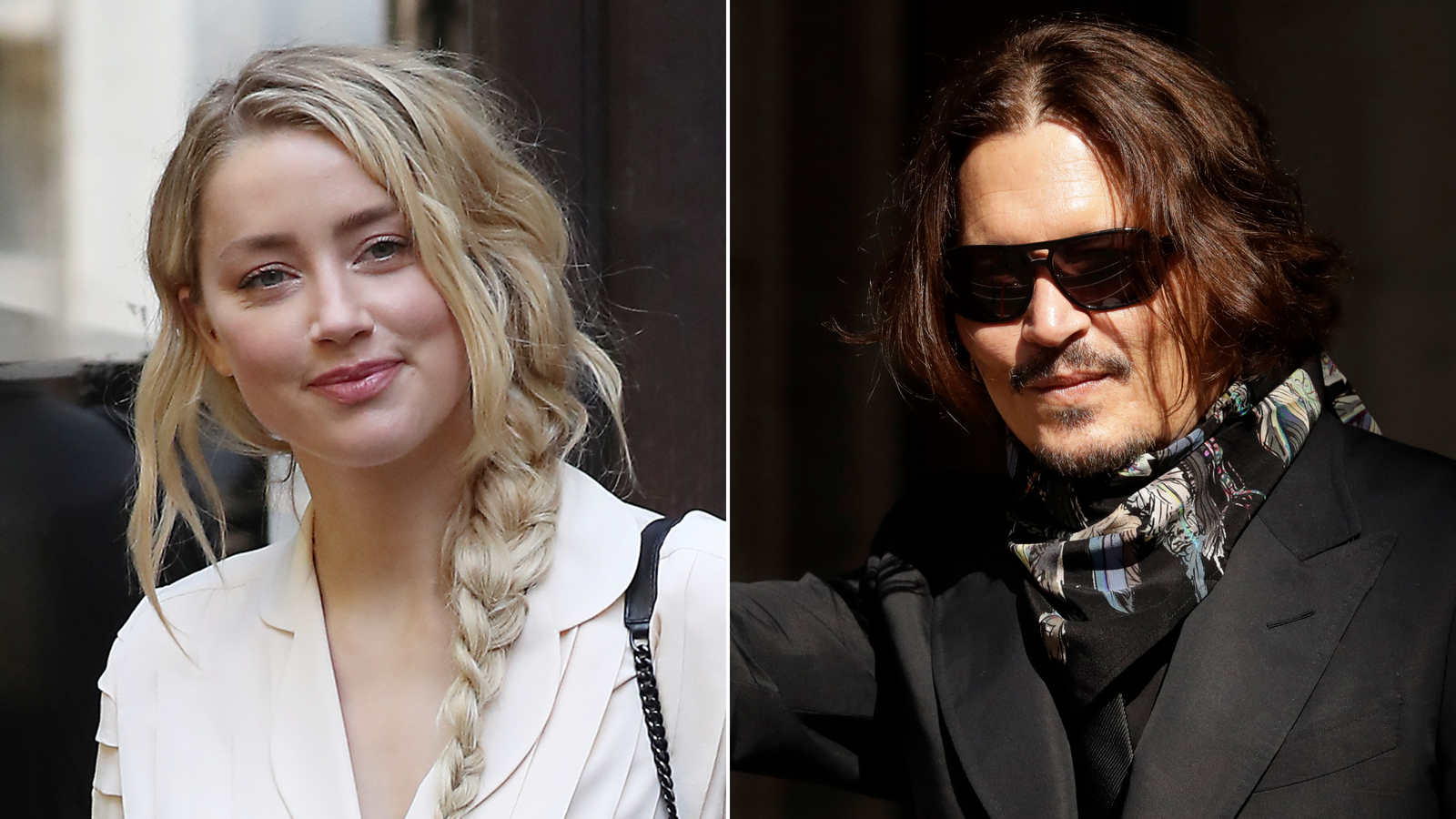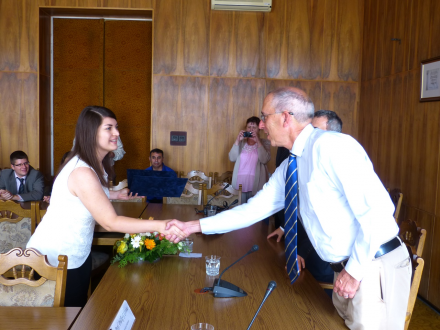2020.12.07.
As the semester ends, I wanted to take some time to reflect on what has been an unusual yet rewarding time. Of course it has not been without its challenges for both teacher and student alike as we grapple with new ways of learning and teaching but hopefully this will be a time in the not too distant future that we can look back on and see how we have all risen to the challenges spectacularly.
I had the pleasure this semester of teaching a group of enthusiastic first year students on the World Legal Systems (Jogrendszerek vilaga) course. We journeyed around the world both metaphorically and virtually and were able to learn about the nuances of different legal systems via court case studies. These examples helped to illustrate the uniqueness of the ways in which the judges interpret and apply the law. We travelled to the United States of America, South Africa and the United Kingdom. Common themes amongst these countries was the use of the jury trial system and the unseen pressures and historical context within which a case was being heard. The cases looked at the phenomenon of “trial by media”, race, the basis for appeal and the lasting impact that ultimate decisions have on the professional careers of the individuals concerned.
Trial of the 21st Century
One such case that was discussed was the much anticipated and oft touted “case of the 21st century” a civil case concerning the alleged libel of Johnny Depp by Amber Heard. The UK trial ran for 16 days. However, what is interesting about the case is that it is being heard in two different countries, the UK and the US. The trial in the United Kingdom has concluded with the judge ruling against Johnny Depp. It will be interesting to see what impact if any this decision has upon the US trial.
The cases succinctly illustrate how, two common law, countries have developed vastly different approaches to the application of libel law.
The United Kingdom: John Christopher Depp II v. News Group Newspapers Ltd. and Dan Wootton [2020] EWHC 2911 (QB)
The case in the United Kingdom concerned a headline published by The Sun Newspaper, which said:
“Gone Potty How Can J K Rowling be “genuinely happy” casting wife beater Johnny Depp in the Fantastic Beasts film?”
Johnny Depp challenged this headline and the newspaper reissued it by removing wife beater and replacing it with “after assault claim”. The trial garnered huge press coverage as the two stars slugged it out in court. The question why Johnny Depp would want to make this matter even more public is because it is vital to his career that he clear his name, he has already loss out on work opportunities. In the current internet age what is published online lives on forever and by airing the intimidate details of his relationship there was a vain hope that it might serve to remove the stigma of domestic violence. However, by doing so he placed Warner Bros. under increasing pressure as both stars have movies with them: Depp had Fantastic Beasts 3 and Amber Heard is set to star in Aquaman 2. Warner Bros severed all ties with Depp in the aftermath of the UK trial and there has been a petition to also remove Heard from Aquaman 2 by Depp fans.
The United Kingdom is often viewed as being “claimant friendly” when it comes to libel cases. This is due in partto the legal standards that must be met for a civil case. On the balance of probabilities there were two questions which must be asked when considering if this standard has been met:
- Is it more probable than not that the article was substantially true in the meaning that it bore?
- Is it more likely than not that the Claimant did what the article alleges?
The burden of proof then is placed upon the newspaper to prove the substantial truth of the headline. The legal presumption is always that the libel is false unless it can be proved otherwise.
The UK trial has concluded against Johnny Depp, but all is not lost as his US libel case against Heard is yet to begin.
The distinction between the two systems lies in their approaches to libel law. Despite having common law roots and similar theoretical history, the interpretation and application is vastly different.
In the UK, the onus is upon the journalist to prove that they were not acting in bad faith. They must also be able to justify the accuracy of their reporting pointing to the substantial truth of the piece.
Establishing libel is harder to prove in the US because of the free speech provisions contained in the US constitution. The plaintiff must show malicious intent by the journalist and avoidance of the truth.
The federal and state structure of the US legal system adds an extra aspect to the US trial in that the choice of venue for the case is particularly important.
The US Trial
The crux of Depp’s case against Heard is that her op-ed piece in The Washington Post, even though it does not mention him by name, clearly refers to him (defamed him by implication) and that the piece was factually inaccurate. Depp also asserts that because of the op-ed piece he missed out on work opportunities. Heard has accused Depp of forum shopping, invoking the anti-forum shopping policy against him but was unsuccessful in her claim. Depp is bringing his $50 million defamation suit against Heard in Virginia and not in the state of California where they both live. Depp is allowed to bring the suit in Virginia as Virginia is one of 10 states that applied the lex loci delicti rule which states that a claim can be brought at the place of the wrong where the tort was committed. The newspaper The Washington Post is published there and its internet servers are also located in Virginia enabling the judge to allow Depp to bring the claim. The advantage for Depp of bringing the claim in Virginia and not California is due to California’s anti-SLAPP laws.
The anti-SLAPP laws allow the person who is being sued for defamation to make a motion to strike the suit because it involved protected speech. Amber Heard could argue that her op-ed piece on domestic violence is about a matter of public concern that affords her 1st Amendment protection. Under the Californian anti-SLAPP laws, if Depp were to lose then he would also have to pay Heard’s legal fees. The burden of proof is also placed on Depp to show probability that he would prevail in his case. If he could not meet this standard, then the suit would be dismissed.
Heard has since counter sued Depp $100 million stating that, as a result of his suit, she has been a victim of a smear campaign accusing her of being a liar and a hoax.
These two similar yet distinct cases provided the students with the opportunity to examine a case from a comparative perspective unfolding in real time. We were able to discuss the role that media plays in influencing the public perception of a case and how, particularly in libel cases this has lasting consequence for the parties. The important role that the judge plays in interpreting and applying the legal standards of proof and whether these standards, in the two jurisdictions are fair.
The Johnny Depp and Amber Heard trial in the US drags on in part due to the COVID-19 pandemic and the backlog of cases. Like everything else this year, we will have to sit and wait at home as the case plays out.
Dr. Samantha Joy Cheesman






